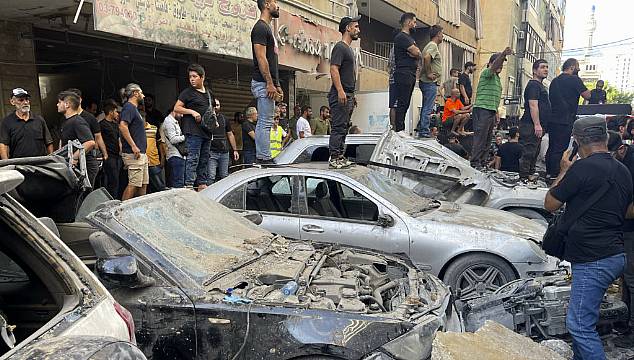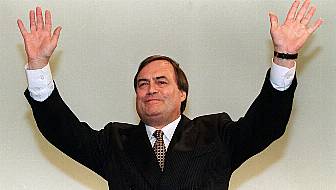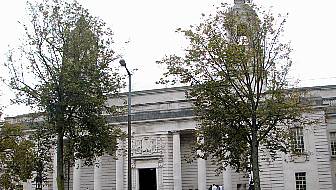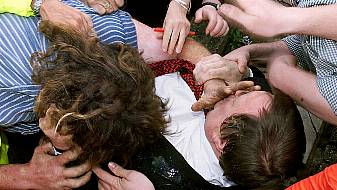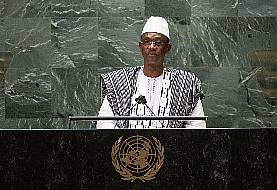Hezbollah has announced the death of a top military official in an Israeli airstrike in Beirut.
Israeli officials had earlier said the rare strike on Beirut’s southern suburbs killed Ibrahim Akil, a commander of the Lebanese militant group’s elite Radwan Force.
The strike killed at least 14 people and wounded dozens more, according to Lebanon’s health ministry.
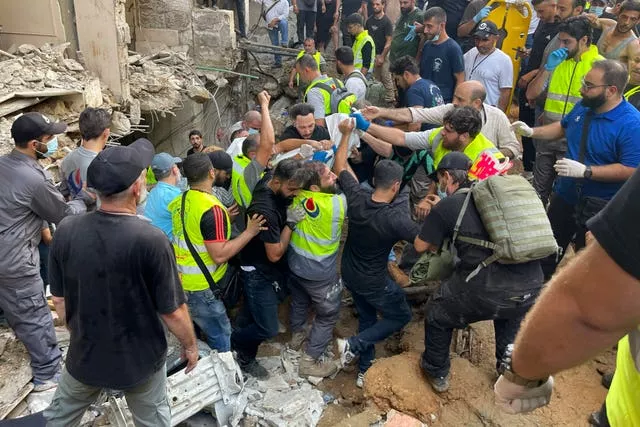
In a statement, Hezbollah described Akil as “a great jihadist leader”.
It said he had “joined the procession of his brothers, the great martyr leaders, after a blessed life full of jihad, work, wounds, sacrifices, dangers, challenges, achievements, and victories”.
The Israeli military’s chief spokesman, Rear Admiral Daniel Hagari, said the strike on Beirut’s southern Dahiya district killed Akil as well as 10 other Hezbollah operatives.
“We will continue pursuing our enemies in order to defend our citizens, even in Dahiya, in Beirut,” said Israeli Defense Minister Yoav Gallant, describing the Israeli strike that targeted Akil as part of “a new phase of war”.
Hours before the Israeli strike, Hezbollah pounded northern Israel with 140 rockets as the region awaited the revenge promised by Hezbollah leader Hassan Nasrallah over this week’s mass explosions of pagers belonging to members of the Shiite militant group.
The Israeli military did not provide the identities of the other Hezbollah commanders allegedly killed in its strike on the crowded neighbourhood just kilometres from downtown Beirut.
Friday’s airstrike — the deadliest such attack on a neighbourhood of Beirut since Israel and Hezbollah fought a bloody, month-long war in 2006 — hit during rush hour, as people were leaving work and children heading home from school.
The last time Israel hit Beirut was in a July airstrike that killed senior Hezbollah commander Fuad Shukr.

“The attack in Lebanon is to protect Israel,” Rear Admiral Hagari said at a news conference following Friday’s strike, describing both Shukr and Akil as the two military officials closest to Hezbollah leader Nasrallah.
He also accused Akil of plotting a series of attacks against Israeli soldiers and civilians dating back decades, including a never-realised plan to invade northern Israel in a similar way to the Hamas-led October 7 attacks.
Last year, the US State Department posted a seven million dollar reward for information leading to Akil’s identification, location, arrest or conviction, citing his role in the taking of American and German hostages in Lebanon in the 1980s.
